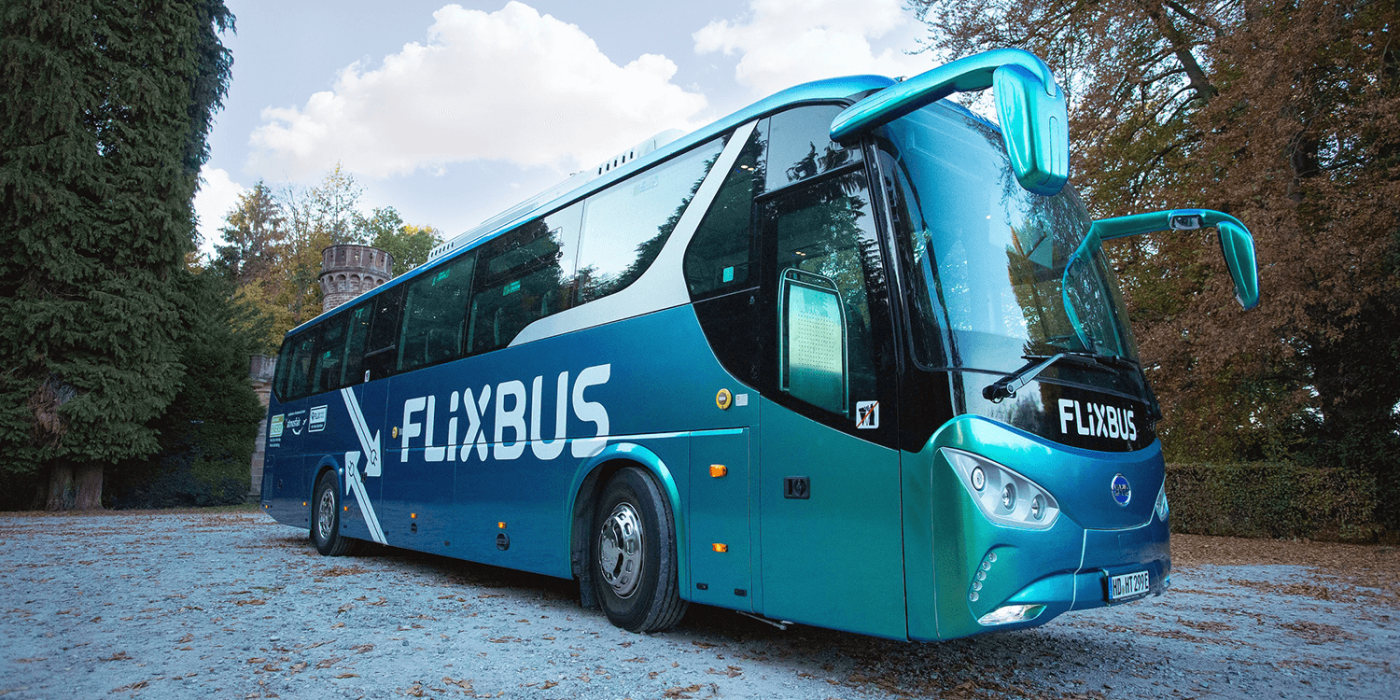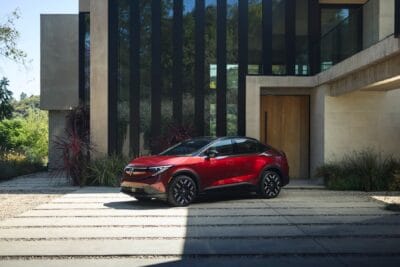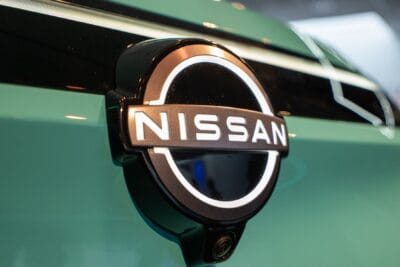DE: Technical problems halt long-distance Flixbus e-buses
In Germany, Flixbus has closed the country’s first electric long-distance bus connection between Frankfurt am Main and Mannheim – due to ongoing problems with the BYD buses and/or their batteries.
The regional newspaper Mannheimer Morgen cited Flixbus managing director Fabian Stenger saying that the lithium iron phosphate battery of the BYD C9 turned out to be so susceptible to faults that “the bus had to stop for several days at a time and as many trips had to be cancelled”. This meant the discontinuation of the electric long-distance bus line launched just over a year ago.
In regular operation, the bus travelled four times a day between Frankfurt am Main and Mannheim. The route also included Frankfurt Airport and Heidelberg. The BYD C9 is supposed to have a range of 320 kilometres, which have been more than enough for the 115-kilometre route. Besides, special charging stations for the electric bus were set up at Frankfurt Airport and in Mannheim with the support of the City. Depending on the weather, the bus was to be charged once or twice a day and overnight.
When the line was launched in October 2018, Stegner spoke of a signal to the bus manufacturers to push ahead with innovations: “We want to send a clear signal and show that the transport transition (off fossil fuels) is possible,” said Stegner.
The future of the electric bus project now seems to be up in the air. Nothing has been said about the switch to another battery-electric model. In California, Flixbus is currently testing an American long-distance electric bus. For Europe, however, a switch to fuel cell buses is a more likely scenario: Flixbus is working with technology specialist Freudenberg Sealing Technologies (FST) on a fuel cell system for buses. Germany is notably expanding its hydrogen infrastructure and recently confirmed 23 million euros to support fuel cell projects.
In this environment, it is pity that Daimler Trucks & Buses, recently announced that they won’t be adding hydrogen-powered production vehicles to its range within the next ten years, despite the fact that they have had several working fuel cell bus models in prototype since at least 2010 and probably longer.
In Mannheim, Mannheimer Morgen says “customer demand is high” for zero-emission long-distance bus services.
morgenweb.de (in German)





3 Comments